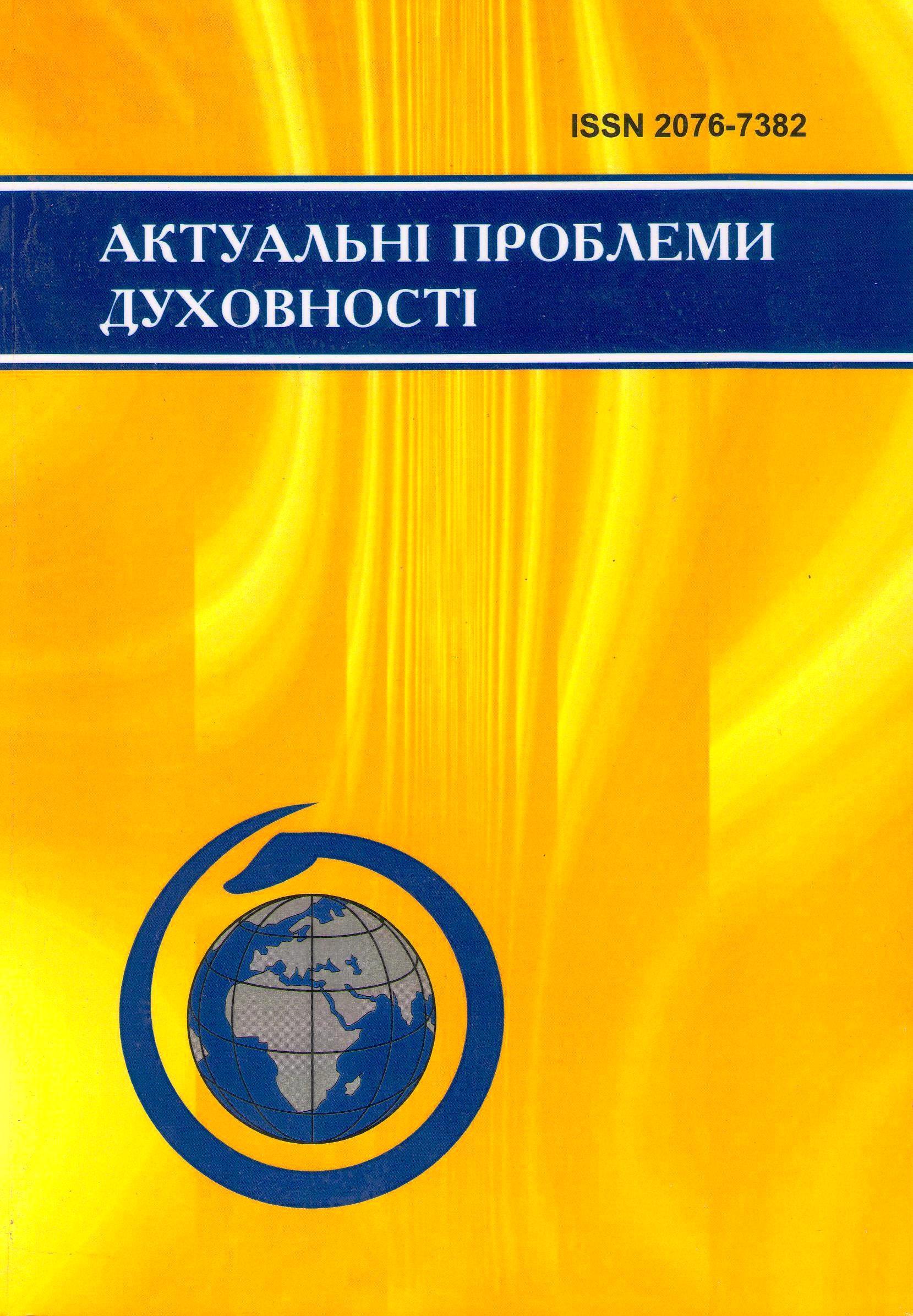The Preface to the Chapter "A Survey of Some Fundamental Problems" (K. Popper "The Logic of Scientific Discovery")
DOI:
https://doi.org/10.31812/apd.v0i22.4461Keywords:
K. Popper, philosophy of science, falsifiability, criterion demarcation, logical positivism, The Vienna Circle, empirical basis, inductionAbstract
This paper is a preface to the Ukrainian translation of the first chapter of K. Popper’s book “The Logic of Scientific Discovery”. It outlines the history of writing of the book and its main ideas. It also characterizes the key problems of K. Popper’s philosophical investigation: the problem of induction, the problem of demarcation and the problem of the empirical basis. K. Popper rejects the method of induction, proving its unreliability. He thinks that the problem of induction cannot be solved. Therefore, the principle of demarcation proposed by logical positivists should be reconsidered, as it is based on inductive inference. K. Popper also criticizes the meaningfulness of protocol-sentences as the criterion of demarcation. In his opinion, meaningfulness is a way to overthrow metaphysics, but it is not a way of distinguishing between scientific statements and non-scientific ones. For it is not possible to verify singular statements once and for all, K. Popper suggests to abandon this method, replacing it with falsifiability. Falsifiability is the potential possibility for conclusions from a theory and singular statements, on which it is based, to be refuted. Falsifiability involves deductive reasoning, so the problem of induction does not arise. K. Popper emphasizes the asymmetry between verifiability and falsifiability, noting that falsifiability can be definitively certain. The problem of the criterion of demarcation is solved by K. Popper in favor of falsifiability. He outlines three possible arguments against falsifiability: (1) science gives a positive sense, so it does not satisfy the negative refutation; (2) falsifiability only seem to be based on a deductive reasoning; (3) the asymmetry between verifiability and falsifiability is impossible from different reasons. K. Popper refutes possible arguments against falsifiability. The problem of the empirical basis is the problem of justification of singular statements. K. Popper demands the objectivity of scientific knowledge. Objective knowledge means that which is verified by experience. However, protocol-sentences cannot be verified by experience or justified by other singular statements. Therefore, K. Popper rejects the idea of protocol-sentences.
Downloads
References
Gattei S. Karl Popper’s Philosophy of Science: Rationality Without Foundations. New York : Routledge, 2009.
Fain H., Popper Karl R. The Logic of Scientific Discovery / transl. by the author with the assistance of J. Freed and L. Freed. New York : Basic Books, 1959. 479 p. Philosophy of Science. 1961. Vol. 28, No 3. P. 319-324.
Hacohen M. H. The Young Popper, 1902–1937: History, Politics and Philosophy in Interwar Vienna. The Cambridge Companion to Popper / ed. by J. Shearmur, G. Stokes. Cambridge : Cambridge University Press, 2009. P. 30-68.
Hume D. A Treatise of Human Nature: A Critical Edition. Vol. 1. Texts / ed. by D. F. Norton, M. J. Norton. Oxford : Oxford University Press, 2007.
Popper K. The Logic of Scientific Discovery. London, New York : Routledge Classics, 2005.
Popper K. Unended Quest: an Intellectual Autobiography. London, New York : Routledge, 2002.
Downloads
Published
Issue
Section
License
Copyright (c) 2021 Олена Євгеніївна Оліфер

This work is licensed under a Creative Commons Attribution 4.0 International License.





